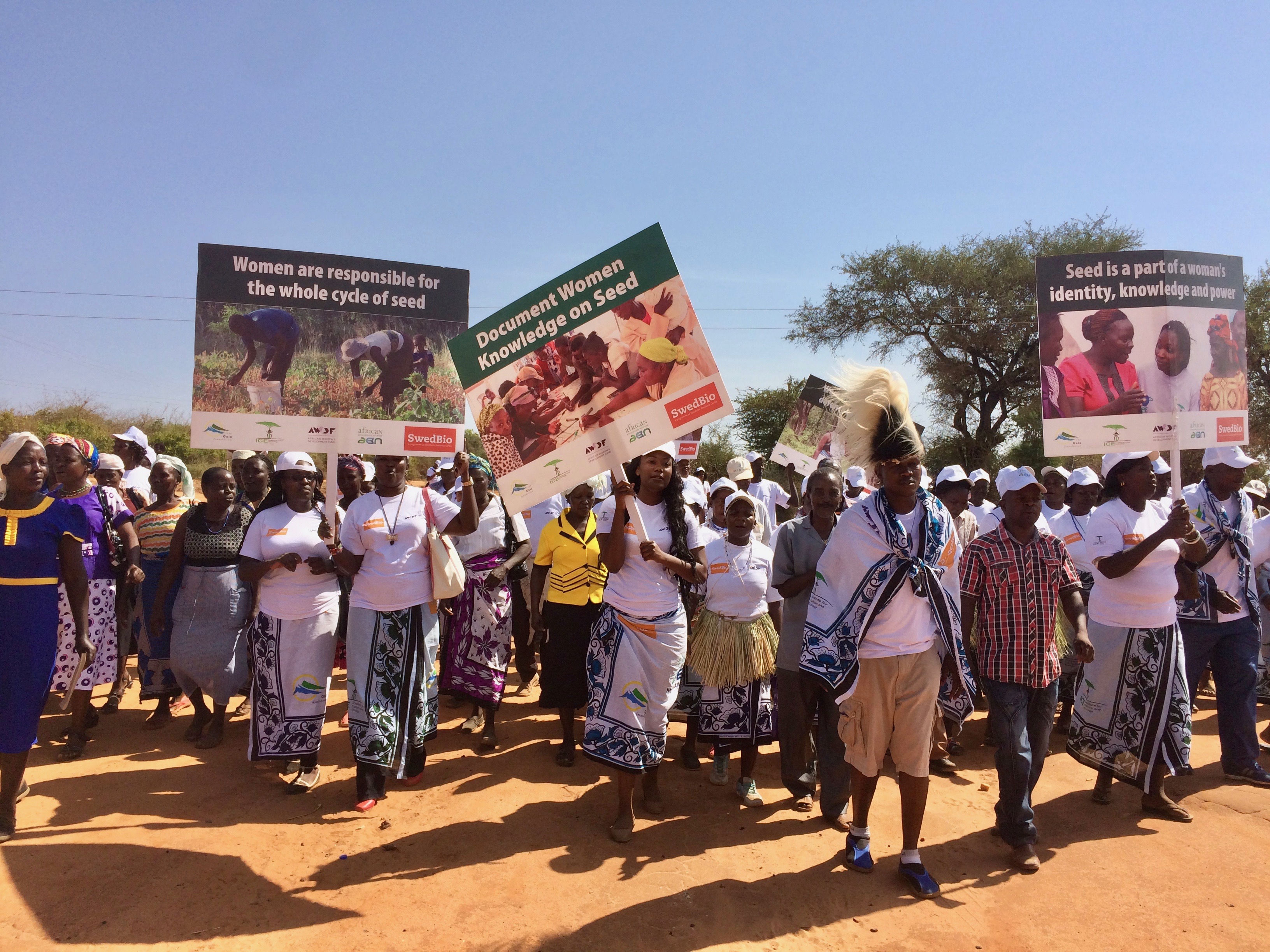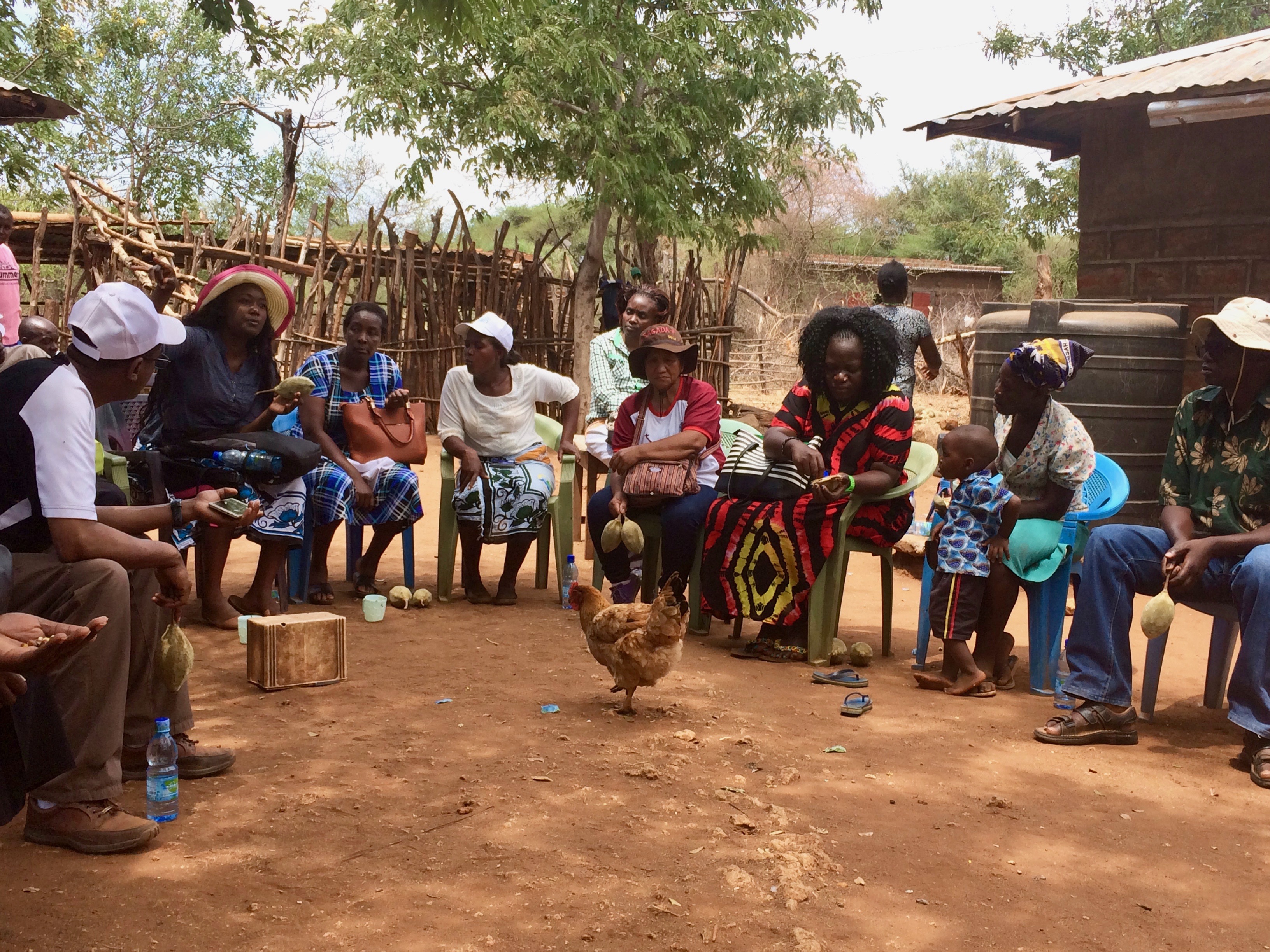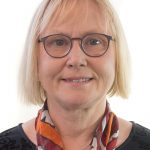 Story highlights
Story highlights
- Walking workshops can help participants to learn, reflect as well as encourage exchange of knowledge that leads to action
- An environment of trust, respect, equality, reciprocity and transparency is indispensable in sharing across knowledge systems
- Mobilisation of knowledge by the knowledge holders themselves is empowering and a critical first step before sharing
Local communities and elders from all over the world, practitioners, scientists from different disciplines and advocacy leaders met in March 2017 in Tharaka, Kenya, to share knowledge on biodiversity governance and to learn from one another during an interactive walking workshop. The gathering of fifty holders of diverse knowledges was co-organised by Institute for Culture and Ecology (ICE), African Biodiversity Network (ABN) and SwedBio at Stockholm Resilience Centre (SRC), with Tharaka community as the local host.
Participants from Kenya, Ethiopia, the Philippines, Thailand, Tanzania, Benin, South Africa, Zimbabwe, Uganda and Sweden came together to follow up on earlier dialogues in Thailand and Panama, in a process aimed at facilitating meetings across knowledge systems and exploring a Multiple Evidence Base approach (MEB). The MEB approach invites indigenous, local and scientific knowledge systems to be equal partners in contributing useful knowledge for ecosystem governance. All of the knowledge systems are recognised and respected as equally valid and valuable for the benefit of biocultural diversity, nature’s contributions to people and human well-being.
A walking workshop methodology
During the workshop, participants took part in a celebration of women’s knowledges of seeds and biodiversity on International Women’s Day, March 8th. The group also walked through the biocultural landscape of sacred sites along Kathita river, and visited a community that has continuously been testing and including agroecological methods along with their traditional and local farming methods.
“We invited our guests to celebrate some of our cultural traditions like singing and dancing. Everyone was in high spirits, talking and having fun but also reflecting on the rich heritage of traditional seeds and the knowledge that women have about seeds.” Sabela Kaguna, Tharaka community women’s leader and co-host of the Walking Workshop
The walking workshop is an indigenous methodology that is used in other contexts to facilitate interaction between people and their surroundings, eliciting reflections, comparisons, and a shared experience. Local and visiting participants walked together through the farming landscapes and sacred sites of Tharaka.
Celebrating women’s knowledge about seeds
Creating space for new ideas
The experiences from the celebrations and walks provided a setting for inquiry, sharing and innovative thinking for new solutions embedded in the local biocultural system. Unlike more formal workshop settings, being outdoors, visiting elders and other sites enabled the participants to see innovations for themselves, exchange practical knowledge and respond to ideas.
Local and visiting participants shared the same experiences. Together with participants’ unique experiences from their own communities, these formed the starting point for the main objective of the workshop – to engage in deep discussions and explorations about what knowledge means in different knowledge systems and practices, and about methods and practices for validation in different knowledge systems.
Sharing agroecology experiences from around the world
Validation of knowledge happens within knowledge systems
Over four days, participants compared and discussed, reflected and exchanged experiences and challenges in trying to meet across knowledge systems. Several criteria emerged about components that can support the process of using a Multiple Evidence Base Approach:
- Mobilisation of knowledge by the knowledge holders themselves is a critical first step before sharing that knowledge.
- Each knowledge system has its own ways of securing empirical and social legitimacy or validation. Validation of knowledge must happen within knowledge systems.
- Defining what validation means in your knowledge system and identifying key actors, institutions and practices is crucial.
- Once knowledge is mobilised, communities are empowered to be spokespersons for their own knowledge system and to interact and translate, negotiate and synthesise, as equal partners, with holders of other knowledge systems.
Knowledge from diverse knowledge systems that is synthesised in such a process, can contribute to enhanced understanding of a specific issue, or to monitoring and assessment at scales beyond the local.
“Our discussions about how indigenous and local knowledges and practises, facilitated by a MEB approach, can support better decision making at national, regional and global levels highlighted the importance of case studies from communities monitoring locally that show real examples of better resource management. Several communities have piloted a MEB approach and shown that indigenous knowledge and practices are always experimenting and combining with knowledge and innovations from other knowledge systems – this benefits global sustainability.” Pernilla Malmer, SwedBio



 Pernilla Malmer
Pernilla Malmer